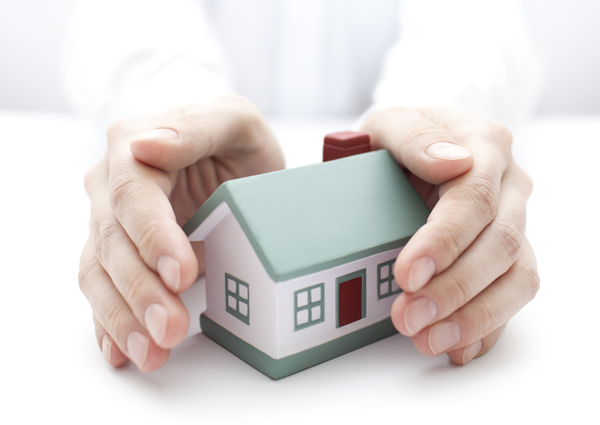There’s No Place Like Home. Stay There.
Northwest Senior Care offers free home safety checks for any senior in Seattle, Bellevue, or any other city within King County. Millions of seniors require emergency medical attention due to unintentional falls every year. In 2012 alone the direct medical costs of falls among older adults reached $30 billion. Fortunately, many of these injuries can be avoided by taking a few simple precautions, and that is why the Free Home Safety Check program is such a valuable offering seniors should take advantage of.
 The falls that occur in a seniors home can cause hip fractures, head traumas, or even increase the risk of early death. Our elder safety specialists have developed a detailed home assessment that addresses all of the most common risk factors found within the home. From a misplaced throw rug to inadequate lighting in a room, the number of potential fall risks present can be surprising. By ensuring that these risks are reduced to the bare minimum or eliminated altogether allows your aging loved one to stay safe at home and avoid both potential injury and expensive hospital visits.
The falls that occur in a seniors home can cause hip fractures, head traumas, or even increase the risk of early death. Our elder safety specialists have developed a detailed home assessment that addresses all of the most common risk factors found within the home. From a misplaced throw rug to inadequate lighting in a room, the number of potential fall risks present can be surprising. By ensuring that these risks are reduced to the bare minimum or eliminated altogether allows your aging loved one to stay safe at home and avoid both potential injury and expensive hospital visits.
“What can be done today to lower risk in the home?”
While we strongly suggest scheduling a Free Home Safety Check so that all aspects of potential risk are addressed in detail, there are a few items to look for today to reduce risk greatly. First, and too often overlooked, is the mental state of the senior. Try to take an unbiased point of view and truly reflect on your aging loved one’s cognitive ability. If you realize there is a decline, this does not necessarily mean that they are not safe to live within their home. What it means is that you may need to consider things like their medication routine, or how bottles such as chemicals are labeled in the home.
Taking note of the seniors mental state can help establish a baseline as to what household tasks are suitable for them to accomplish independently. There are some precautionary steps that can be taken around the house to help reduce the possibility of a fall as well.
-
Remove rugs and wires that could cause tripping, especially in main paths of movement through the house.
-
Ensure there is adequate lighting in hallways and rooms where the senior spends much of his or her time.
-
Stairways have hand railings on both sides
-
Furniture is arranged to ease mobility throughout the home
-
Non-carpeted floors are not slippery, or senior uses non-slip footwear around the house
-
Adequate grab bars are present near the toilet and shower
-
Frequently used kitchen utensils and food items are easily reachable
“Can anything be done for the senior personally to lower fall risk?”
Absolutely. Ensuring the senior themselves are working to reduce their fall danger keeps them involved in the process. This also helps them stay aware of the potential dangers and know how to avoid unecessary risk. Some of the ways they can take part are:
-
Regular exercise, specifically focusing on leg strength and balance
-
Having their eye glasses checked annually to maximize their quality of vision
-
Review their medications and identify side-effects or interactions such as drowsiness or dizziness
-
Voice safety concerns as they see them (furniture placement, tripping hazards, etc.)
The importance of safety precautions in a seniors home can not be understated. If you want to learn more, a good resource is the Home and Recreational Safety information provided by the Centers for Disease Control and Prevention.
